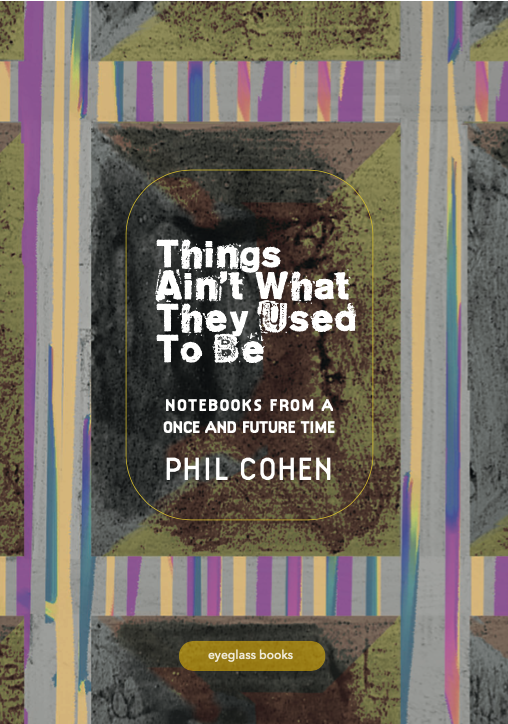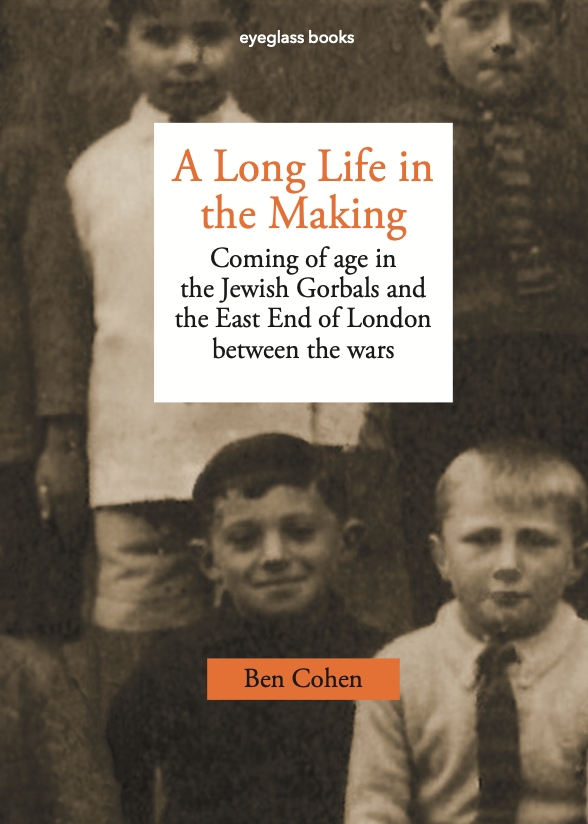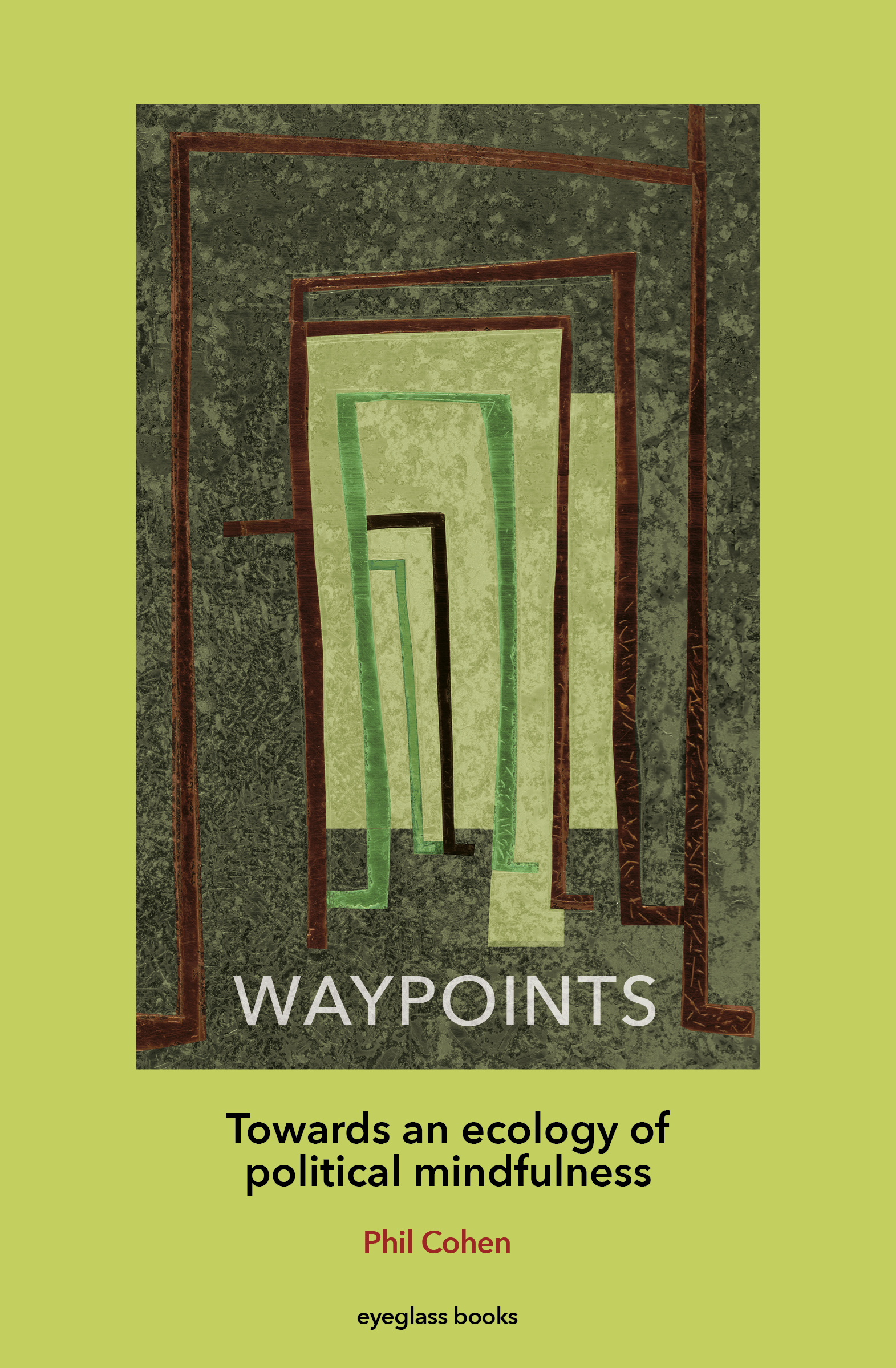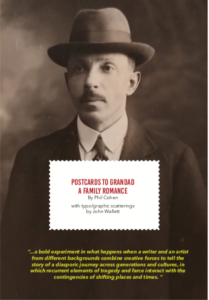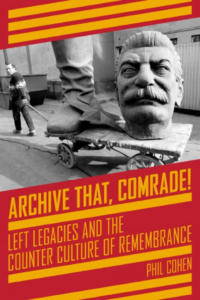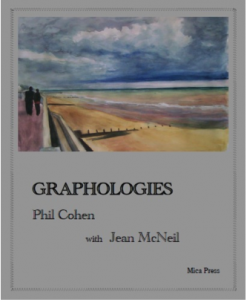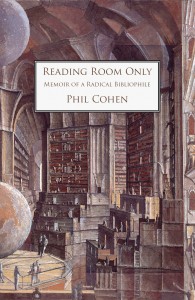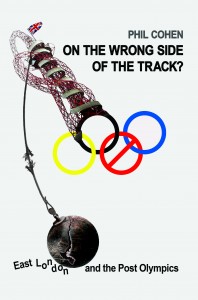The Idea of the University in the Age of the Knowledge Economy / The Idea of the Intellectual in the Age of the Knowledge Economy.
The advent of a globalised knowledge economy has transformed the conditions of intellectual work over the past twenty five years. These two texts examine different aspects of the situation. The first looks at the impact on the university and its research cultures, especially the humanities departments; it is argued that the advent of the modularised curriculum and a ‘post modern’ pedagogy weakened the traditional divisions of academic labour, and helped encourage new forms of inter-disciplinarity required and promoted by the knowledge economy. The ‘community of scholars’ has, in turn, been increasingly transformed into an adjunct of the enterprise culture, as academics queue up to offer their services to the corporate sector. The second text surveys debates on the role of the intellectual. It begins by reviewing the classical theories of Julien Benda and Antonio Gramsci, before considering the more recent contributions of Martin Walser and Edward Said. The emergence of the post modern intellectual is discussed, as is the impact of feminism on notions of intellectuality. The text concludes by suggesting some of the strategies which may still be possible to sustain the role of the public intellectual, as at once an independent critical voice, and a socially engaged citizen.
Text 1 originally published in New Formations Special Issue on Intellectual Work 2005 and can be viewed here:
The Idea of the University in the Age of the Knowledge Economy
Text 2 originally published in Power and the Intellectual Conference Proceedings University of Cairo 2005 and can be viewed here:
The idea of the Intellectual in the Age of the Knowledge Economy
